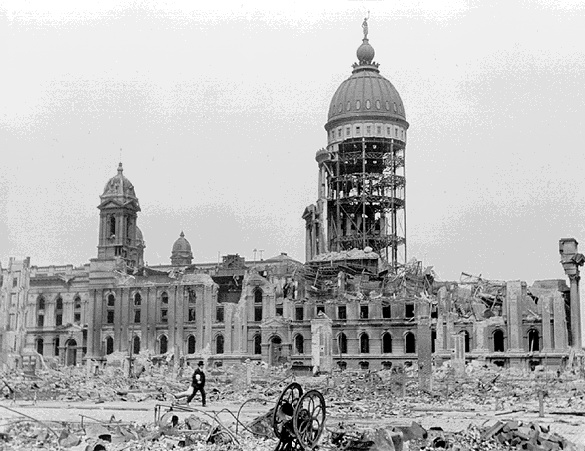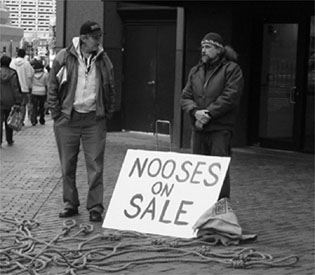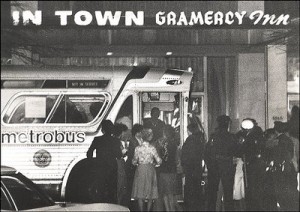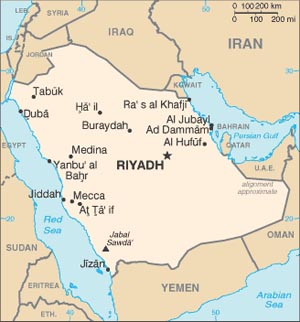 Years ago, I recommended to an elected official I was advising during the jittery heights of New York City’s crime wave that he ask his constituents to take part in a citizen anti-crime initiative being run out of local police precincts.
Years ago, I recommended to an elected official I was advising during the jittery heights of New York City’s crime wave that he ask his constituents to take part in a citizen anti-crime initiative being run out of local police precincts.
He was aghast.
Elected officials provide things to their constituents, he instructed, they don’t ask of them.
This was a famously talented local politician, and an enormously learned man, but I found I couldn’t disagree with him more on the point. It made me question my judgment at the time, but 20-some-odd years later I hold the exact same belief, only more so.
Here was/is my reasoning: People follow leaders. Leaders ask things of them. Define the cause and solution – and commandingly make the ask – and you will lead the movement. At the end of the day, isn’t that what every politician dreams of?
Benjamin Franklin advised that the best way to build friendships is to borrow something – in Franklin’s case a book – and then return it promptly. That little sacrifice – that tiny outlay by the lender – establishes trust , he noted, and, over time, long-term bonds.
President Kennedy – and his speechwriter Ted Sorenson – understood that. “Ask not what your country can do for you, but what you can do for your country” is remembered for a reason. It is ennobling. It tapped into something inherent in man that wants to sacrifice to serve a greater good.
President Obama has several “ask” opportunities that I think would well serve him:
- Ask the American public to voluntarily reduce gas and electricity consumption to lower demand – and prices at the pump (tapping into the Strategic Petroleum Reserve is a terrible and short-sighted idea.);
- Ask young and middle-age Americans to begin discussing postponing retirement plans by a year or two to save the Social Security system;
- Ask American businesses – large and small – to begin identifying job opportunities for returning veterans, and while he’s at it…
- Ask the pot-smoking American public to voluntarily lay off the stuff –at least for a while – to help our Mexican neighbors stabilize their country.
These might not top the President’s list of asks, but you get the idea.
The thing I remember fondly of President Carter – perhaps the only thing – was his leadership in asking Americans to sacrifice during the 1970’s energy crisis. His simple ask: turn out the lights when leaving a room. I do it to this day – even though my wife says I don’t – because it still makes me feel just a little patriotic.
President Obama has a leadership crisis because he is not leading. That’s not from lack of opportunity.
 Smithsonian Magazine’s March cover story is well-timed. Entitled “Future Shocks,” it is on the study of earthquakes and tsunamis, those previously unrecorded in history and the potential for others to occur.
Smithsonian Magazine’s March cover story is well-timed. Entitled “Future Shocks,” it is on the study of earthquakes and tsunamis, those previously unrecorded in history and the potential for others to occur.





